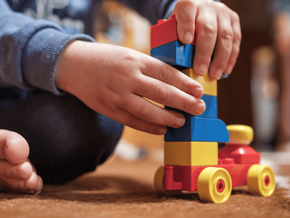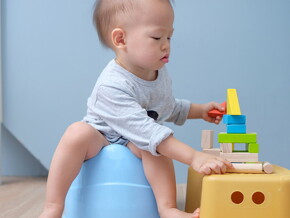
Eating tips for your growing child
Provide your child with small, but frequent feeding sessions.
There comes a point when your child starts to become finicky about food. But don't worry if this happens, as it's natural for them. Here's how you can help with your child's appetite when it's feeding time.
- Provide your child with small, but frequent feeding sessions. Don't allow any snacking about an hour before a meal, so your child will be motivated during meal times.
- Don't force your child to finish his plate, as it will make him resist the urge to eat even more.
As your child grows, nutritional needs will change as well. Here are some tips on introducing new foodstuff to your child:
- Introduce food in a friendly manner - talk about the food's size, texture, shape - but don't discuss taste. Let your child be in control and discover the taste himself.
- Show your child that a particular food is nice to eat. The more frequently you eat something, the more likely your child will mimic you.
Here are few other helpful tips
- Children get distracted easily, so make sure that feeding time consists of you and your child only. Turn off the TV, for instance.
- Do not change feeding times - children are more comfortable with routines. Try to arrange for meals and snacks at the same time every day.
Disclaimer: This content is shared for informational purposes only and not intended to be a substitute for professional/medical advice, diagnosis, or treatment. We recommended that you always seek the advice of your healthcare professional for any questions you may have regarding a medical condition/specific situation.
References:
- https://behaviorplace.com/tips/how-to-prevent-eating-problems
- https://kidshealth.org/en/parents/toddler-meals.html



















